Affiliate links on Android Authority may earn us a commission. Learn more.
Remapping Bixby: the pros and cons
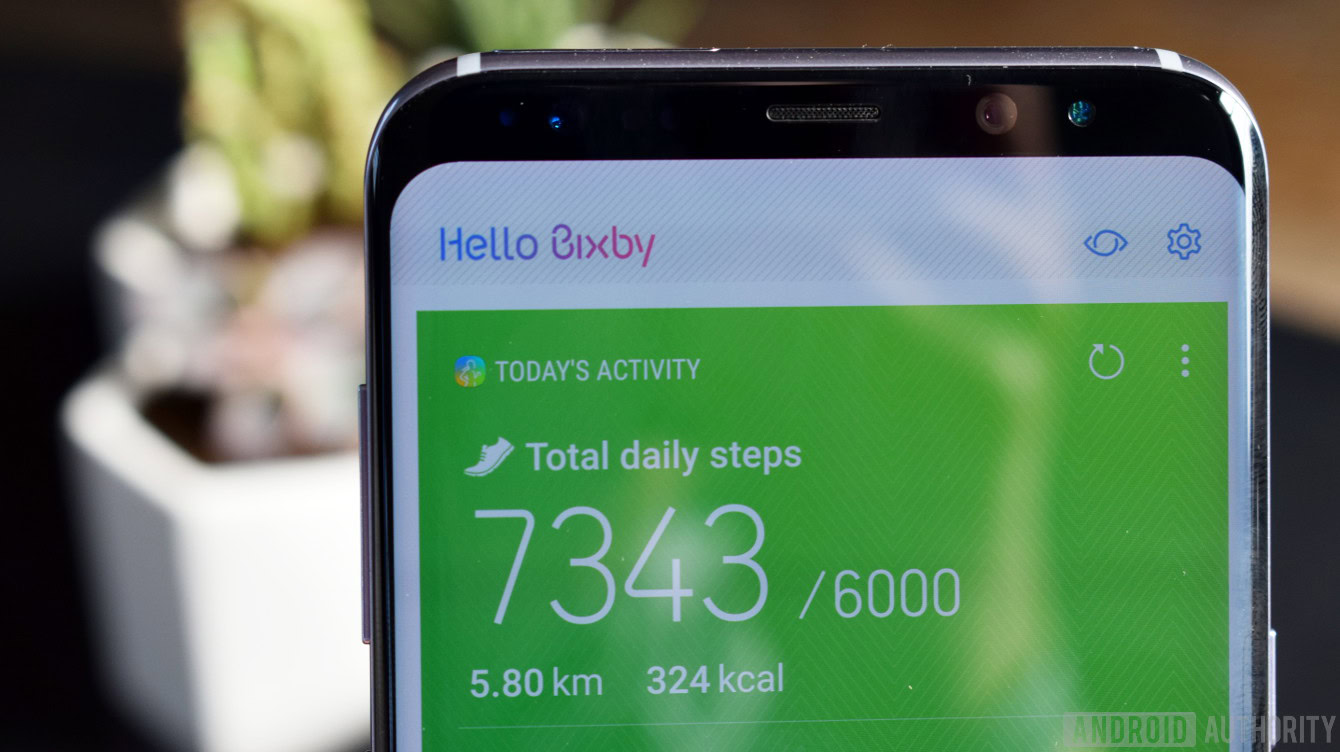
News that Samsung has pushed an update to its Galaxy S8 and S8 Plus which breaks apps that remap the functionality of the flagship’s dedicated Bixby Button has been received as a bit of blow to some. Especially given that the smart assistant’s voice feature won’t be arriving out of the box in the US and Europe.
What’s rather interesting about the case is that Samsung hasn’t issued a statement about the update specifically, and some users are reporting that remapping still works after updating their specific handset. Although we should remember that carrier updates are often slower to arrive. The only semi-official comment so far comes from a company representative who states that Samsung is “not supporting remapping that button” but that he “can’t say for sure why this behavior changed”. So we don’t know if this was a side effect from other changes made to the way the Bixby Button works, or if it’s a more deliberate patch from Samsung.
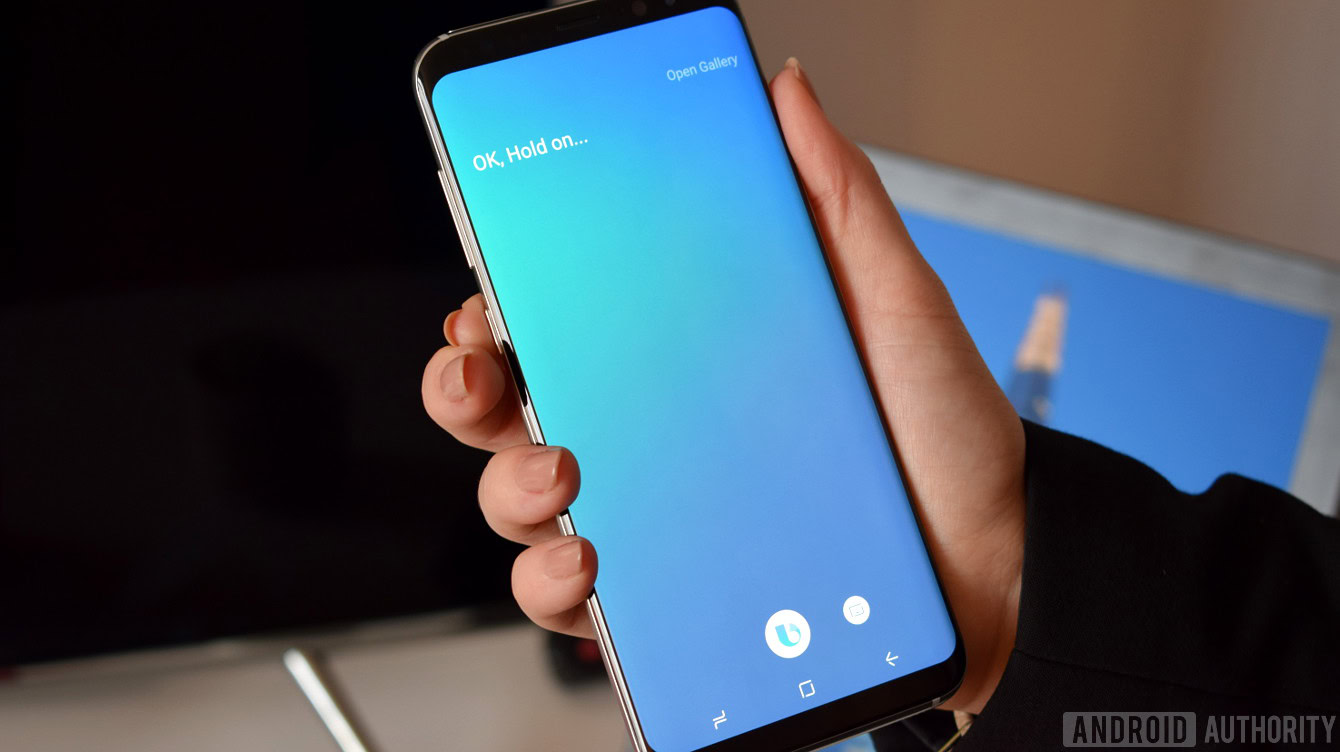
Samsung’s most likely motivation for locking down the button is that it’s been designed specifically for Bixby and the company simply doesn’t want it being used for anything else, either by users or by third-party apps. Although many existing apps intercept key behavior for various functions, the majority of consumers don’t remap their phone’s default key actions. You and I probably don’t expect the volume rocker or the lock key to deviate from their regular functions, although I know that power user opinions may differ.
This move isn’t necessarily just to stop users from changing the button to another assistant. Instead, it’s key to note that the update prevents third-party apps and launchers from intercepting accessibility data from the button press across the board. Samsung may be concerned about the possibility of apps changing the behaviour of the button without necessarily making it clear to the user, as the previous tweak didn’t even require root access. In my mind, this update is about ensuring a consistent experience, so that the Bixby button always does what the manual indicates. Remember, Bixby commands work from within a range of the company’s apps and Samsung wants to extend this to third parties. Preventing other apps from using this key for other functions ensures that users will always know what the button does.
Bixby commands work from within a range of the company's apps, and Samsung wants to extend this to third parties. Preventing apps from using this key for other functions ensures that the button will always be used for extending Bixby's voice actions, preventing consumer confusion.
There’s also the topic of Samsung’s broader plans for Bixby, including its introduction into smart home products. Samsung is planning to integrate Bixby into many more of its home appliances, suggesting that the virtual assistant is going to be an integral part of the company’s upcoming product lineup. When you buy a Galaxy smartphone, you’re now buying into the Bixby ecosystem.
In other words, Samsung views Bixby as a core part of its Galaxy lineup going forward, and it wants to ensure that devices work exactly how consumers expect. This move is as much an exercise in brand building and recognition as it is about locking in Bixby integration, especially if many of its future phones come equipped with the same button.
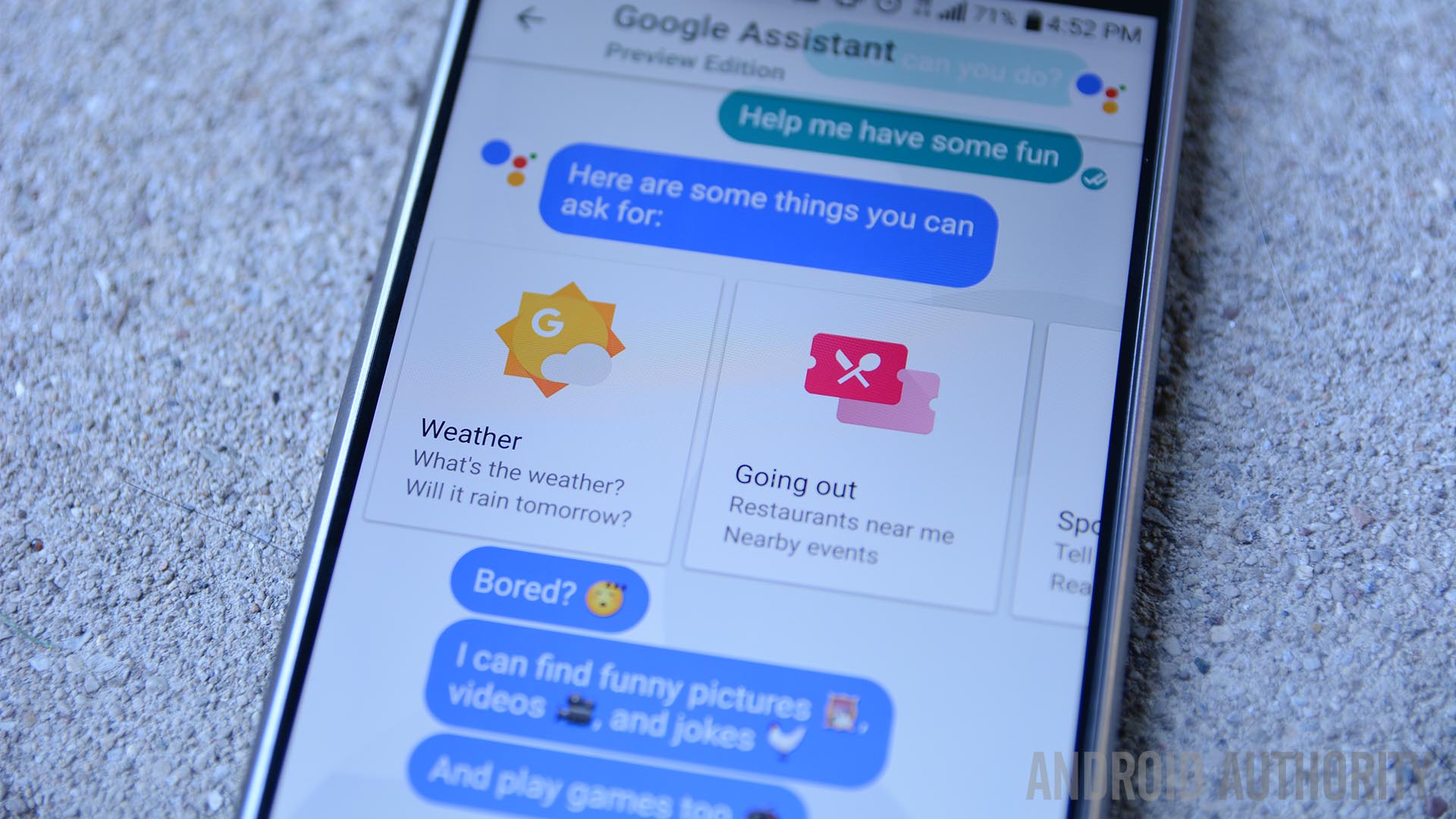
The obvious trade-off is that this is a big blow for those who were never planning on using Bixby or who would instead prefer to use a competing virtual assistant, such as Google Assistant. This will be especially frustrating for some consumers who won’t even get to the voice aspect of Bixby until much later in the year, essentially leaving them with a pointless hardware key for months. Remapping the key, at least in the short term, might not have made the handset’s feature feel so poorly planned.

At face value, this move looks a lot like Samsung simply trying to lock out the competition, and that might end up putting off customers who prefer the range of options that Android handsets typically provide. After all, it’s sure no major problem for Samsung if a small percentage of users remap the button to call another assistant, or even launch the camera or some other app. If anything, a customizable button might actually have enticed a few power users over to the Galaxy S8 range.
Samsung may be hoping that pushing Bixby on phones first will encourage customers to buy other compatible products later down the line, but this is more of a risk than a sure thing.
By going all in with Bixby, Samsung runs the risk of pushing customers towards its competitors, if the ecosystem fails to catch up with the market leaders quickly. Samsung is already behind Google, Amazon, and others both in terms of supported handsets and features available right now. Samsung’s plan to build Bixby into its broader range of consumer electronics sounds promising, but customers may end up opting for Alexa or Google Home / Assistant if a global rollout takes too long.
While Samsung views Bixby as essential, consumers may end up avoiding the assistant altogether if they’re already tied into a competing virtual assistant ecosystem. If I’m using Alexa, I’d probably rather be able to uninstall Bixby, or at least switch it off, but Samsung is eliminating this option by preventing remapping of its hardware key. Likewise, Samsung may be hoping that pushing Bixby on phones first will encourage customers to buy other compatible products later down the line, but this is more of a risk than a sure thing.
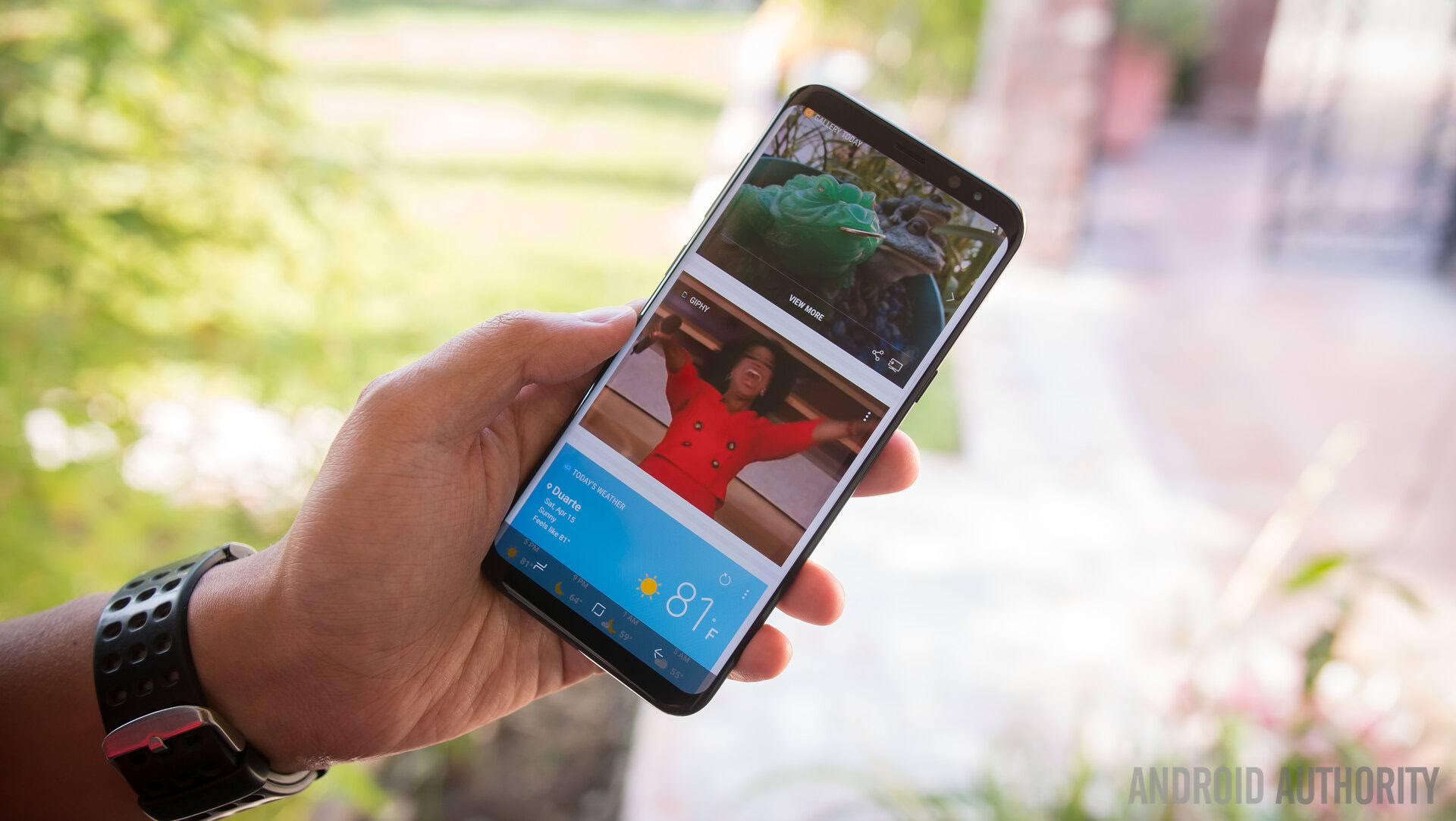
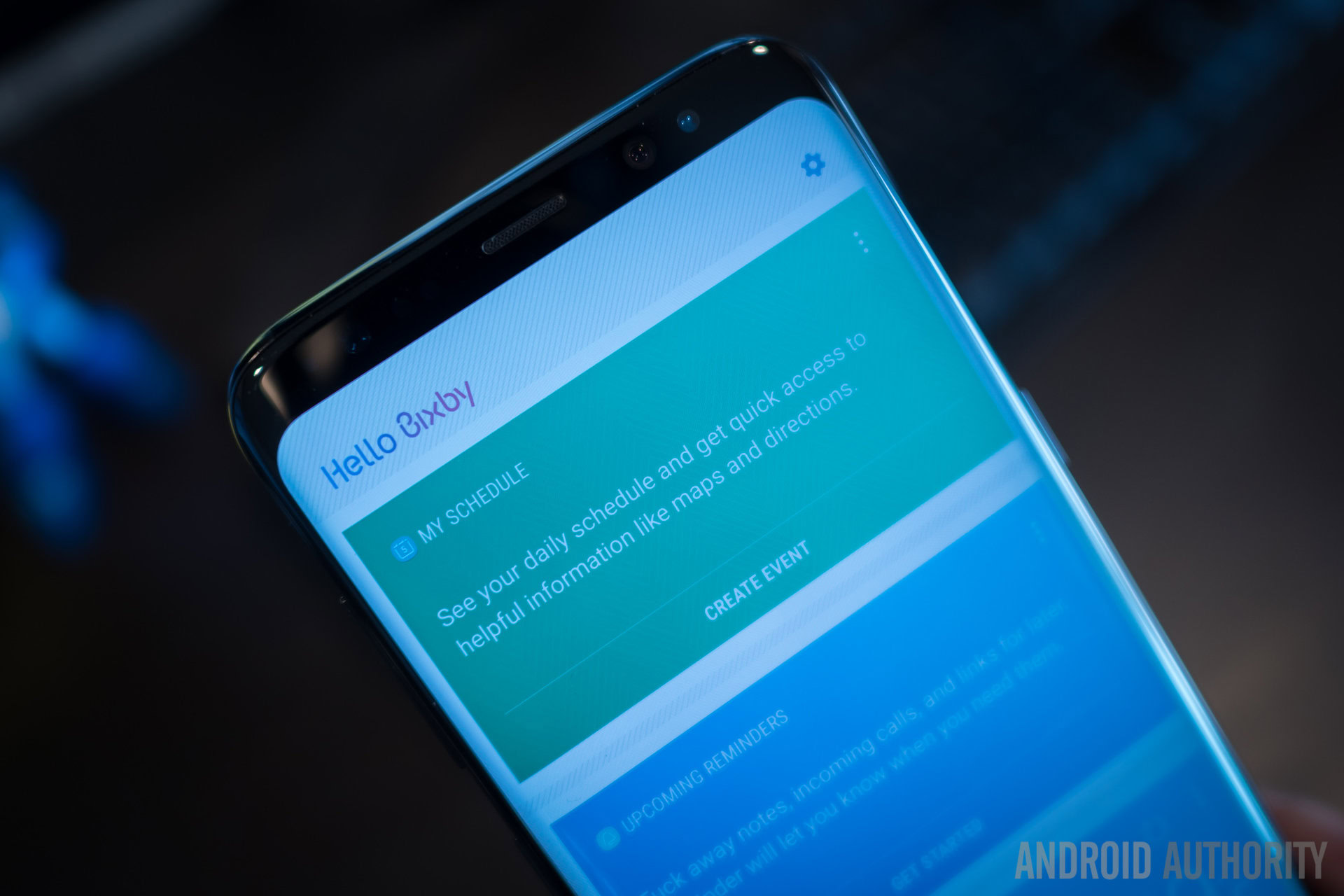
While the recent update to the Galaxy S8 is bound to split opinion, in some ways Samsung was going to run into problems with whatever it decided. Allowing customers to treat the button as they wish would have been the most consumer friendly approach, but such a move could undermine the company’s vision for how the button integrates with apps built around strong Bixby integration. This in turn may have prevented the assistant from gaining the type of traction that it needs to compete with its rivals.
Those who have become accustomed to and enjoy the freedom usually associated with the Android ecosystem will likely find the mandatory inclusion of Bixby to be a frustrating experience. Moreso now that there’s no option to remap a competing assistant of choice, or some other feature, to the dedicated button. For Samsung and the company faithful, locking Bixby to the key represent a strong statement about the importance of the virtual assistance to the company’s plans. It also ensures a consistent Samsung experience on its Galaxy range, and one that the company will certainly feel is better than its competitors.
Where do you stand on the issue? Would you have liked to have the option to remap the Bixby Button?